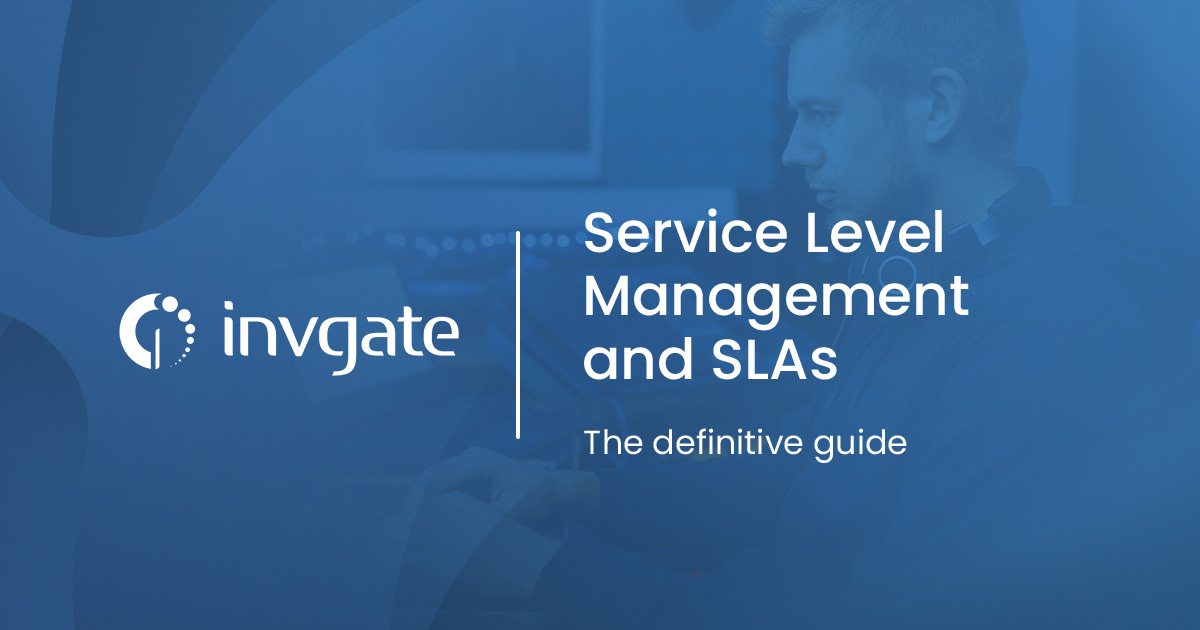
This short article is a submission by Managed Services Partners. Managed Services Partners is an outsourcing agency with over six years of experience helping services improve operations and drive growth.

Embarking on the contracting out journey is an endeavor that many companies undertake to improve efficiencies, reduce expenses, and take advantage of specialized skill.
However, alongside these possible benefits come a host of legal and compliance intricacies that must be thoroughly browsed to make sure the success and sustainability of contracting out efforts.
This detailed guide will explore key legal and compliance considerations, with a focus on information privacy laws, non-disclosure contracts (NDAs), non-compete stipulations, and the vital function of adaptability in today's vibrant business environment.
The outsourcing landscape
Outsourcing is more than a method for offloading non-core tasks; it is a transformative approach that can boost a business's versatility and competitiveness.
Whether it's IT services, client assistance, producing procedures, or human resources, contracting out can offer a substantial edge. Companies that effectively contract out can focus on core business operations, drive innovation, and gain access to leading talent without the overhead expenses of full-time employment.
However, this journey is not without its legal and compliance obstacles. Companies need to bear in mind the complexities surrounding the transfer and management of data, the defense of copyright (IP), and the maintenance of regulatory compliance.
Given the international nature of outsourcing, companies need to also consider cross-border legal implications, which may vary considerably depending upon the nation where the outsourcing company operates.
Understanding these elements is necessary in making sure that outsourcing collaborations align with a company's tactical objectives while alleviating potential legal dangers.
Oftentimes, services that disregard legal and compliance factors to consider face expensive disagreements, loss of delicate information, or reputational damage that can take years to recover from.
Importance of legal considerations
Outsourcing inherently includes legal considerations that are vital to protecting a business's interests. At the forefront is the need to protect delicate information. Companies should understand and stick to information personal privacy laws that govern the jurisdictions in which they operate.
This is specifically important as information breaches can lead to extreme punitive damages and reputational damage.

Furthermore, intellectual home rights must be clearly defined in contracting out agreements to avoid unauthorized usage or misappropriation of exclusive possessions. If these rights are not effectively developed, a business might lose control over important innovations or confidential organization processes.
For services running in highly controlled industries such as healthcare, finance, or legal services, compliance requirements are a lot more rigid.
Complying with policies such as the General Data Protection Regulation (GDPR) in Europe or the Medical Insurance Portability and Accountability Act (HIPAA) in the United States is vital to avoiding legal problems.
Non-Disclosure Agreements (NDAs) and non-compete stipulations
When outsourcing, business regularly share proprietary info with external provider.
To safeguard this important information, NDAs are used. These contracts are designed to avoid the unauthorized dissemination of personal info, consequently protecting the company's competitive advantage.
NDAs must be detailed and lawfully binding, plainly detailing what makes up secret information and the responsibilities of both celebrations in handling delicate data. Businesses ought to also make sure that their NDAs consist of arrangements for legal option in case of breaches.
Similarly, non-compete stipulations can be included to avoid provider from exploiting sensitive knowledge gained throughout the contracting out collaboration to benefit a rival. This is specifically essential when outsourcing freelancers or firms that might have multiple clients in the exact same industry.
However, the enforceability of non-compete clauses can vary significantly depending upon the jurisdiction. Some areas have stringent policies restricting the scope and period of such clauses.
Therefore, it's crucial for business to consult legal experts with experience in the relevant legal structures to prepare effective agreements.
Contracts: Setting the structure
Contracts act as the blueprint for the outsourcing collaboration, defining functions, duties, deliverables, and timelines. They also lay out the legal and compliance expectations for both celebrations.
A well-structured agreement ought to resolve several crucial elements:
Scope of work: Clear and detailed descriptions of the services to be supplied, including quality standards and performance metrics.
Data security: Specific clauses related to data security, information transfer treatments, and breach alert procedures to guarantee adherence to privacy laws.
Intellectual Property rights: Provisions that establish ownership of IP created throughout the collaboration, and terms that secure pre-existing IP.
Termination provisions: Terms that attend to the possible end of the outsourcing relationship, including notification periods and conditions under which termination can occur without charge.
Additionally, businesses should consider implementing service-level agreements (SLAs) to guarantee accountability and efficiency tracking. SLAs specify quantifiable criteria that the outsourcing supplier should meet, providing organizations with option if expectations are not satisfied.
Engaging with provider

Consulting with potential service suppliers throughout the early phases of the outsourcing journey is a tactical move. This engagement enables companies to determine the company's ability to fulfill legal and compliance requirements.
Thorough vetting processes, such as asking for recommendations, reviewing previous jobs, and evaluating compliance accreditations, can offer valuable insights into the service provider's dependability and adherence to industry requirements.
Businesses must likewise assess the financial stability of potential outsourcing partners.
A company that faces financial challenges may not be able to keep operations long-lasting, posing a risk to continuous tasks. Conducting due diligence beforehand can avoid future disturbances.
The function of adaptability in legal and compliance strategies
Adaptability is a critical part of effective outsourcing, particularly when it comes to browsing progressing legal landscapes. Regulations and market conditions can alter rapidly, making it necessary for companies to remain nimble.
Building versatility into agreements and developing procedures for ongoing compliance monitoring can help companies adjust to new legal requirements and maintain a competitive edge.
For example, if a business is contracting out client assistance operations to multiple countries, they need to guarantee compliance with numerous national laws concerning consumer defense and information personal privacy.
Regularly updating policies and agreements in action to legal changes can prevent legal risks.
Real-world factors to consider and finest practices
To make sure legal and compliance success in outsourcing, businesses need to adopt the following finest practices:
Regular audits and evaluations
Conduct periodic audits and assessments to ensure that company remain certified with legal and regulative requirements. This proactive technique can help identify possible gaps before they escalate into significant concerns.
Training and awareness
Educate staff members and outsourced groups on data security practices and legal commitments. This makes sure that everyone associated with the contracting out journey understands the significance of compliance and the role they play in protecting info.
Collaboration and interaction
Foster a collective relationship with company. Open lines of interaction can help deal with compliance concerns promptly and help with joint problem-solving efforts.
Crisis management preparation
Have contingency strategies in place in case of security breaches, contract conflicts, or company failures. A well-structured crisis management plan makes sure that companies can quickly react to obstacles without considerable disruptions.
Legal compliance for contracting out success

Understanding the legal and compliance aspects of outsourcing is necessary for organizations wanting to take advantage of external capabilities while protecting their interests. By focusing on essential locations such as information personal privacy, NDAs, non-compete provisions, copyright rights, and adaptability, companies can effectively navigate the outsourcing landscape.
Successful contracting out depend upon a collective technique between the business and its provider. Building trust and preserving transparent communication can lead to reliable problem-solving and a shared commitment to compliance.




